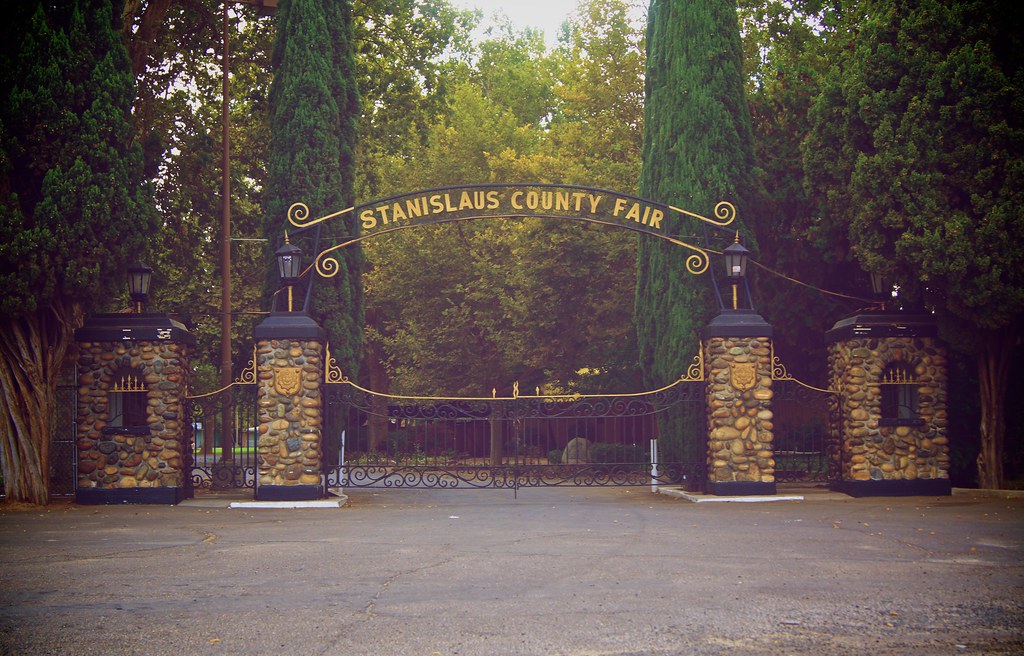A junior lienor is a lender who is not in first place on the property – there is a senior lien in front of them. This often occurs when an owner has paid down the senior and takes out an equity loan, or may be the result of a purchase. If the senior forecloses, the junior can pay the senior lien, or buy the property at foreclosure. The junior then stands in the place of the senior. Alternatively, the junior can allow the foreclosure to take place, in which case it becomes a sold-out junior – it has no security for the debt. The junior must pursue the borrower personally to get paid. If the senior’s foreclosure results in a sale with excess proceeds, they may be paid by order of priority. But what happens if the junior lienor holds a lien on less than the entirety of the property? That was the case in a recent decision in which the junior was secured by only 75% of the property. The court found that the junior was only entitled to 75% of the proceeds. The owner of the 25% got the remainder.
 In Zieve, Brodnax & Steele, LLP v Dhindsa, a father had 75% interest, and his son the remaining 25% in property in Turlock. The senior lender held a lien against 100% of the property, and the juniors lien was only against the father’s 75% – the son’s interest was not included. The senior foreclosed and got paid, leaving a surplus of $160,000 available. The dispute was whether the 25% owner got any.
In Zieve, Brodnax & Steele, LLP v Dhindsa, a father had 75% interest, and his son the remaining 25% in property in Turlock. The senior lender held a lien against 100% of the property, and the juniors lien was only against the father’s 75% – the son’s interest was not included. The senior foreclosed and got paid, leaving a surplus of $160,000 available. The dispute was whether the 25% owner got any.
The junior lender wanted all the proceeds, so it relied on Civ. Code, § 2924k, subd. (a)(1)–(4), set out in full at end of post.) This provides that First, the costs of foreclosure are paid. Second, the foreclosing creditor’s secured obligations are paid. Third, junior lienors are paid in their order of priority (this is what the trial court relied on). Lastly, any remaining funds are given to the vested owner of record at the time of the foreclosure sale. In this case the trial court awarded the entire surplus to the junior creditor, but it was reversed on appeal.
The court of appeals relied on a Supreme Court decision, Caito v. United California Bank (20 Cal.3d 694), which was still good law. The court quoted Miller & Starr on the topic:
 “If the lien on the interest of one cotenant is junior to a lien on both cotenants’ interests, on the foreclosure of the senior lien, the junior lienor is entitled to share in any surplus sales proceeds that represent the proportionate interest of the cotenant whose interest was subject to the junior lien.” (4 Miller & Starr, Cal. Real Estate (4th ed. 2019) Holding Title, § 11:13
“If the lien on the interest of one cotenant is junior to a lien on both cotenants’ interests, on the foreclosure of the senior lien, the junior lienor is entitled to share in any surplus sales proceeds that represent the proportionate interest of the cotenant whose interest was subject to the junior lien.” (4 Miller & Starr, Cal. Real Estate (4th ed. 2019) Holding Title, § 11:13
The trial court judgment had stated that the [second] Deed of Trust encumbers only defendant’s undivided 75% interest in the Property. The [second] Deed of Trust does not encumber, and is not enforceable against, [Owner’s] undivided 25% interest in the Property. That was pretty clear!
 The court addressed basics of cotenancy law, noting that each cotenant can sell or encumber his or her interest in the common property without the knowledge, approval, or consent of the other cotenants. A cotenant can only transfer or encumber his or her undivided interest….
The court addressed basics of cotenancy law, noting that each cotenant can sell or encumber his or her interest in the common property without the knowledge, approval, or consent of the other cotenants. A cotenant can only transfer or encumber his or her undivided interest….
When a deed of trust is a lien on the estate of only one cotenant, the beneficiary can foreclose the lien against that interest. The foreclosure sale purchaser becomes a tenant in common with the other cotenants[ ] and may commence a partition action.
The court concluded that the Legislature did not intend the enactment of section 2924k and its predecessor to supersede Caito and expand the rights of junior lienors to surplus sale proceeds.
Comparing the wording of section 2924k, subdivision (a)(3) with the principles stated in Caito, the court concluded they can be harmonized by interpreting the phrase “the outstanding balance of obligations secured by any junior liens” to mean the outstanding debt “secured by [a] junior lien[ ]” only to the extent the junior lien actually encumbered the property sold in foreclosure. The reliability of this interpretation is supported by considering the additional words needed to make the contrary interpretation explicit. For instance, the contrary interpretation might have been made express if subdivision (a)(3) had stated the sale proceeds shall be distributed “[t]o satisfy the outstanding balance of obligations secured by any junior liens, whether the lien was attached to all or a portion of the property.” The consequences of adding the italicized language are significant. Under that language, a creditor holding a second deed of trust on a 1 percent or 5 percent undivided interest in the property could claim a literal statutory interpretation entitles it to have the entirety of its debt satisfied before any surplus sale proceeds reach the owner of the 99 or 95 percent undivided interest not encumbered by that second deed of trust.
Civ. Code, § 2924k states:
(a) The trustee, or the clerk of the court upon order to the clerk pursuant to subdivision (d) of Section 2924j, shall distribute the proceeds, or a portion of the proceeds, as the case may be, of the trustee’s sale conducted pursuant to Section 2924h in the following order of priority:
(1) To the costs and expenses of exercising the power of sale and of sale, including the payment of the trustee’s fees and attorney’s fees permitted pursuant to subdivision (b) of Section 2924d and subdivision (b) of this section.
(2) To the payment of the obligations secured by the deed of trust or mortgage which is the subject of the trustee’s sale.
(3) To satisfy the outstanding balance of obligations secured by any junior liens or encumbrances in the order of their priority.
(4) To the trustor or the trustor’s successor in interest. In the event the property is sold or transferred to another, to the vested owner of record at the time of the trustee’s sale.
PHOTOS:
flickr.com/photos/mrphancy/4656375169/sizes/c/
flickr.com/photos/laurenludlow/7939900930/sizes/l/
flickr.com/photos/omaromar/48787350/sizes/l/
 California Real Estate Lawyers Blog
California Real Estate Lawyers Blog

